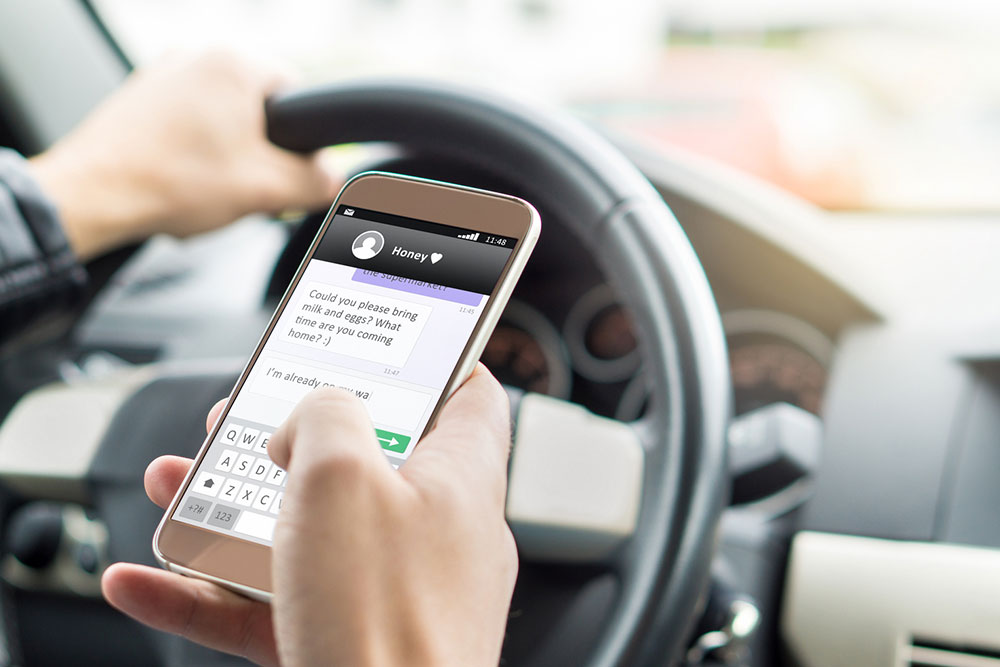Acquiring a driving license is one of an individual’s most exciting experiences. The skill enables the person to go independently in a vehicle from one place to another. However, learning theory is just one part of acquiring a license. An individual should also focus on practically applying the learned skill. Not doing so may hamper vehicle performance and lead to mishaps. Here are ten errors that rookie drivers should avoid.
Being impulsive
While this might happen to a driver of any experience, those fresh behind the wheel should remember not to be impulsive. Instances include taking risks when driving the vehicle, such as not slowing down at a yellow signal or hitting the gas pedal when the light turns green. Doing so could be dangerous and put their lives at risk. It could also endanger the people traveling in the vehicle and others near and around the car.
Forgetting to wear a seatbelt
Many new or experienced drivers forget to wear seatbelts when they start the engine. This is one of the biggest mistakes one can make. Not strapping on the belt will not only attract a fine from the authorities but may also put one in harm’s way in case of an accident. Therefore, the driver should follow this rule each time they drive and encourage the other passengers to do the same. Modern-day vehicle cars may also include a feature that prompts the user to wear a seatbelt before they drive.
Not hiring a professional
As a new driver, the individual might be confident about repairing or replacing parts by themselves. But this is one of the biggest mistakes among beginners as it may cost them more to repair in case of damage. While taking up tasks like vehicle cleaning is alright, they should leave bigger jobs like oil changes, engine tuning, and other mechanical adjustments to professionals. Paying an expert could ensure that any repairs or replacements are to the T, with minimal room for error. It may also enhance the life of the vehicle.
Speeding
One may find it thrilling to jam the gas pedal when they get their first car. Going too fast, over the set limit, will result in a hefty fine from the concerned department. Moreover, individuals may also find themselves at risk of losing control of the car at higher speeds. It’s why there are speed limits in place. One should never exceed this limit to ensure they are as safe as possible while driving.
Driving slowly
Many new drivers might be anxious and resort to lower speeds to be safer. But one should note that this can be equally dangerous. For example, while driving lanes are dedicated to lower speeds, some people might not follow the higher-speed limit at intersections or highways. These are places where they are expected to go faster in accordance with the limit. Not doing so might result in another car colliding with them from the rear and lead to an accident. So, one must follow the limits as indicated by the concerned authorities.
Being less attentive
Paying attention to the road is one of the most vital elements of driving. Several things are going on in a driver’s surroundings, including construction work, pedestrian crossings, and even emergency services on the move. The roads might be uneven or slippery from a previous oil leak. Therefore, the driver needs to be attentive on the road at all times, including whether they are moving, changing lanes, parking, or idle at the signal.
Talking or texting on the phone
One of the drivers’ worst mistakes when moving is using their phones to text or talk. But both of these things are extremely distracting for a driver. Doing so might put the person behind the wheel, passengers, and people in the surroundings in harm’s way. People also believe that speaking on the phone using hands-free devices is safer, but this is also known to divert the driver’s attention. One should avoid talking or texting on smartphones, especially when the vehicle is in motion.
Not using the indicators
Vehicles are fitted with indicators so that a driver can signal when they are changing lanes or taking turns. But new drivers usually forget to use these signals, which could be catastrophic. Using the indicator can help ensure that other vehicle drivers know where the individual wants to go. It will also help them slow down and maintain a safe distance that could avoid collisions.
Neglecting weather conditions
New vehicles on the market usually come with a ton of technology to help make the car safer, including all-wheel drive, anti-lock braking, and 360-degree camera views. However, there is always room for error, including not paying heed to the weather conditions. For example, an “all-weather” tire might work for average temperatures. But those living in regions with a lot of snow might need to use tires made to tackle icier roads. So, new drivers need to adapt their driving style to changes in the weather.
Not conducting vehicle checks
Each car must be checked to see if it is suitable for the road so that it does not break halfway through a journey. Unfortunately, this happens more often than usual, primarily because rookie drivers fail to check and adjust their vehicle components before starting a trip. A few mandatory checks include checking the oil levels, water, and tire pressure. Adjusting the side and rear-view mirrors and seats is also essential in ensuring a safe journey. One could always put a post-it note on their dashboard to remind them of these checks and slowly turn it into a habit.
Following specific safety measures and understanding different road signs makes the driving experience more rewarding.



